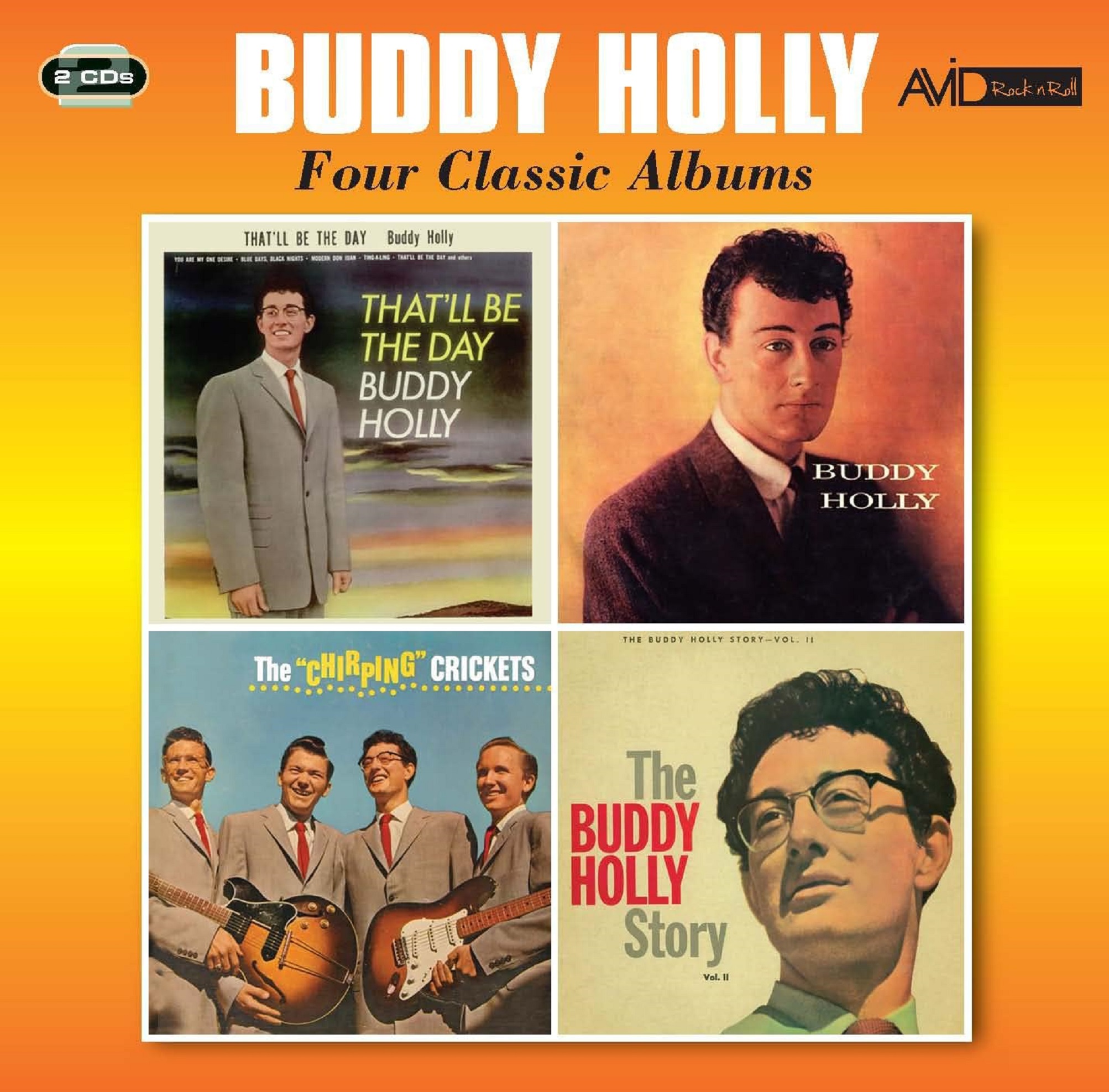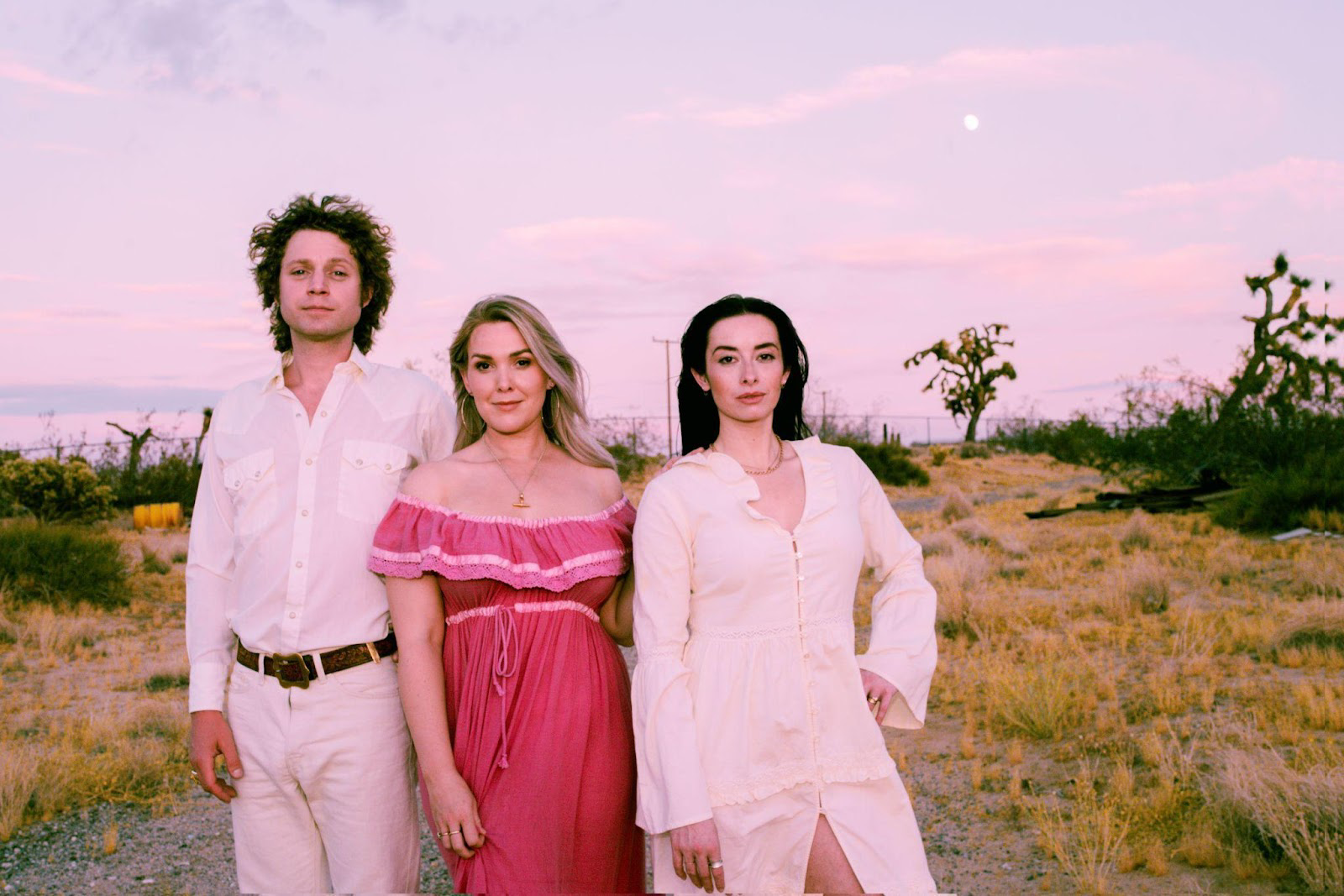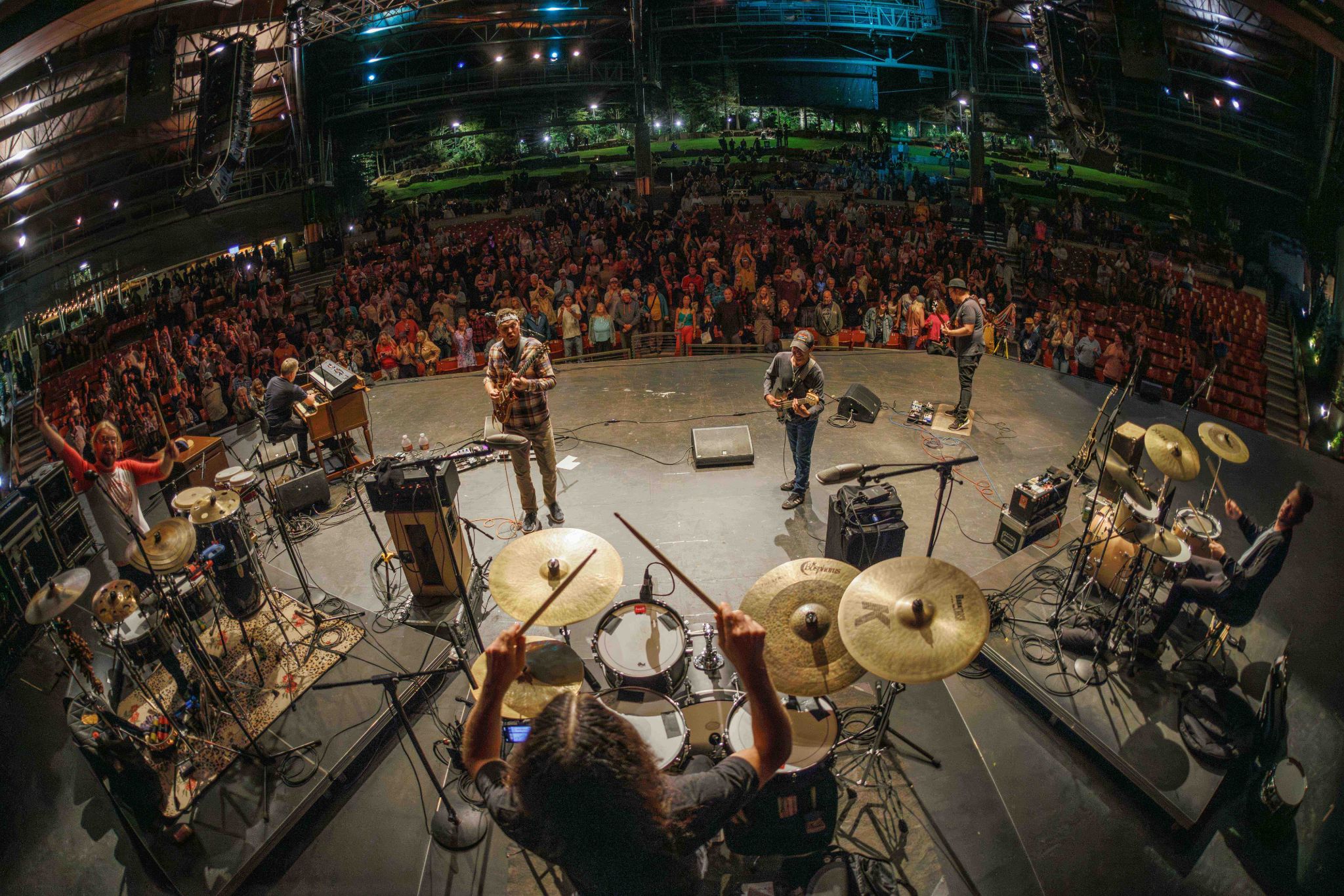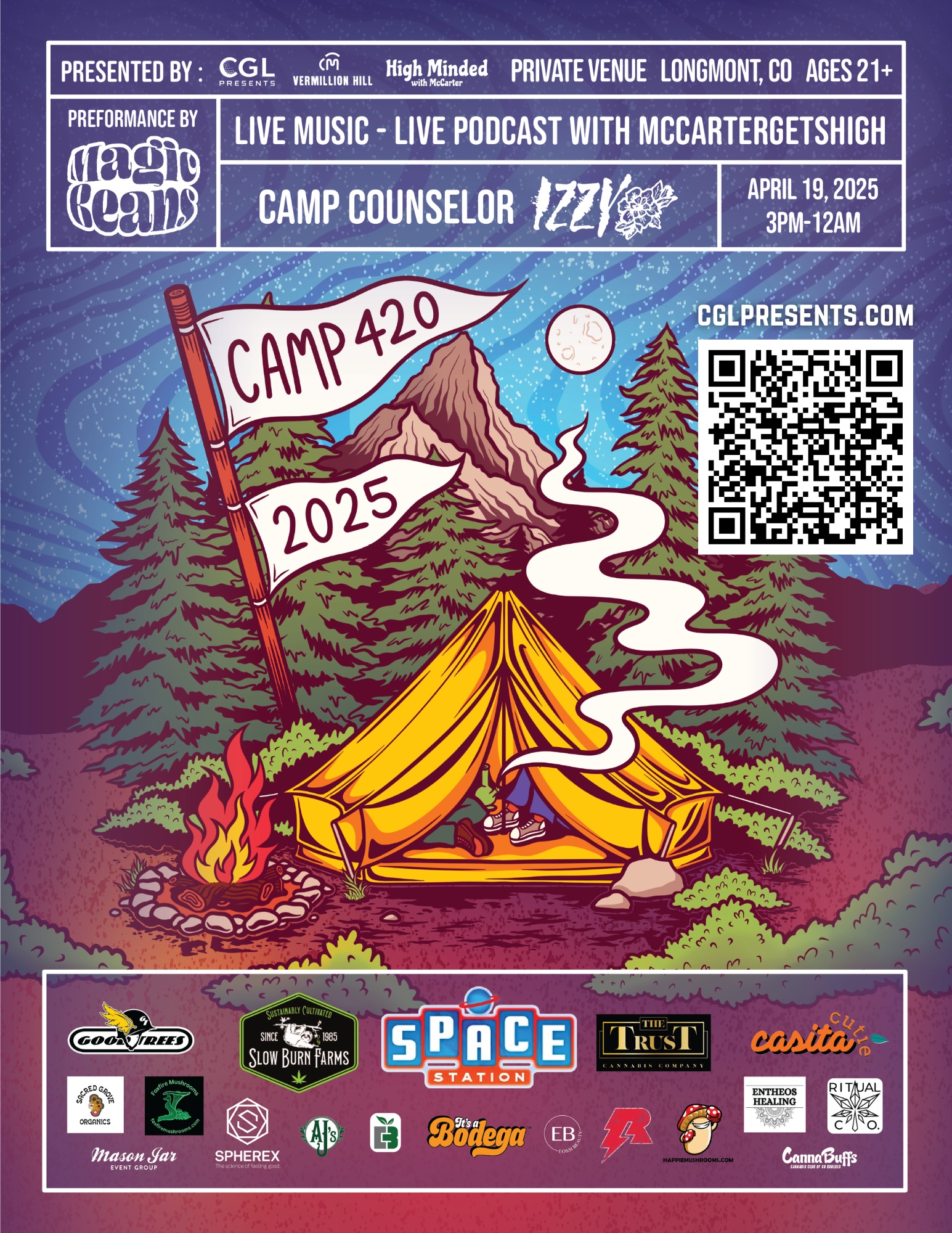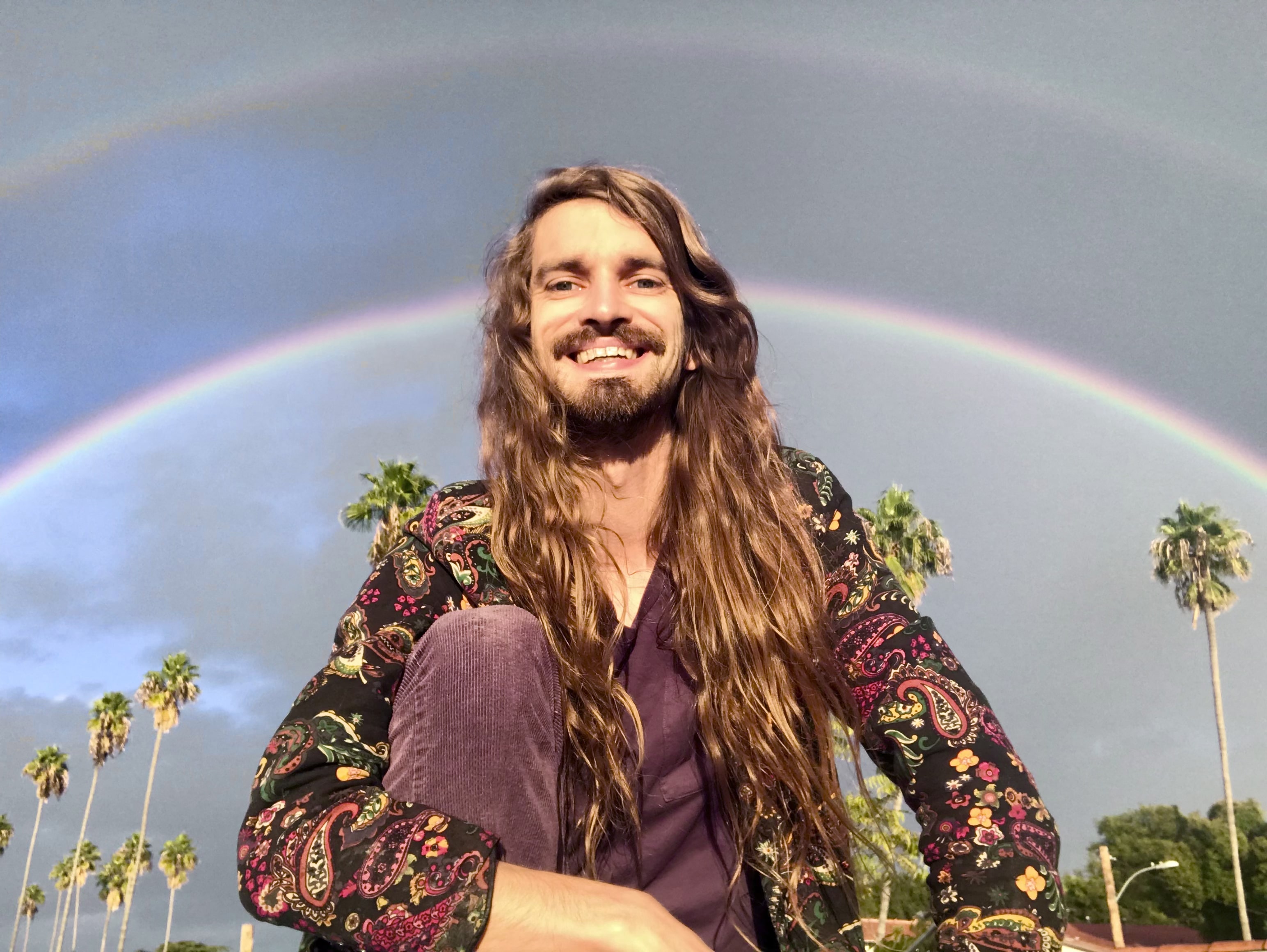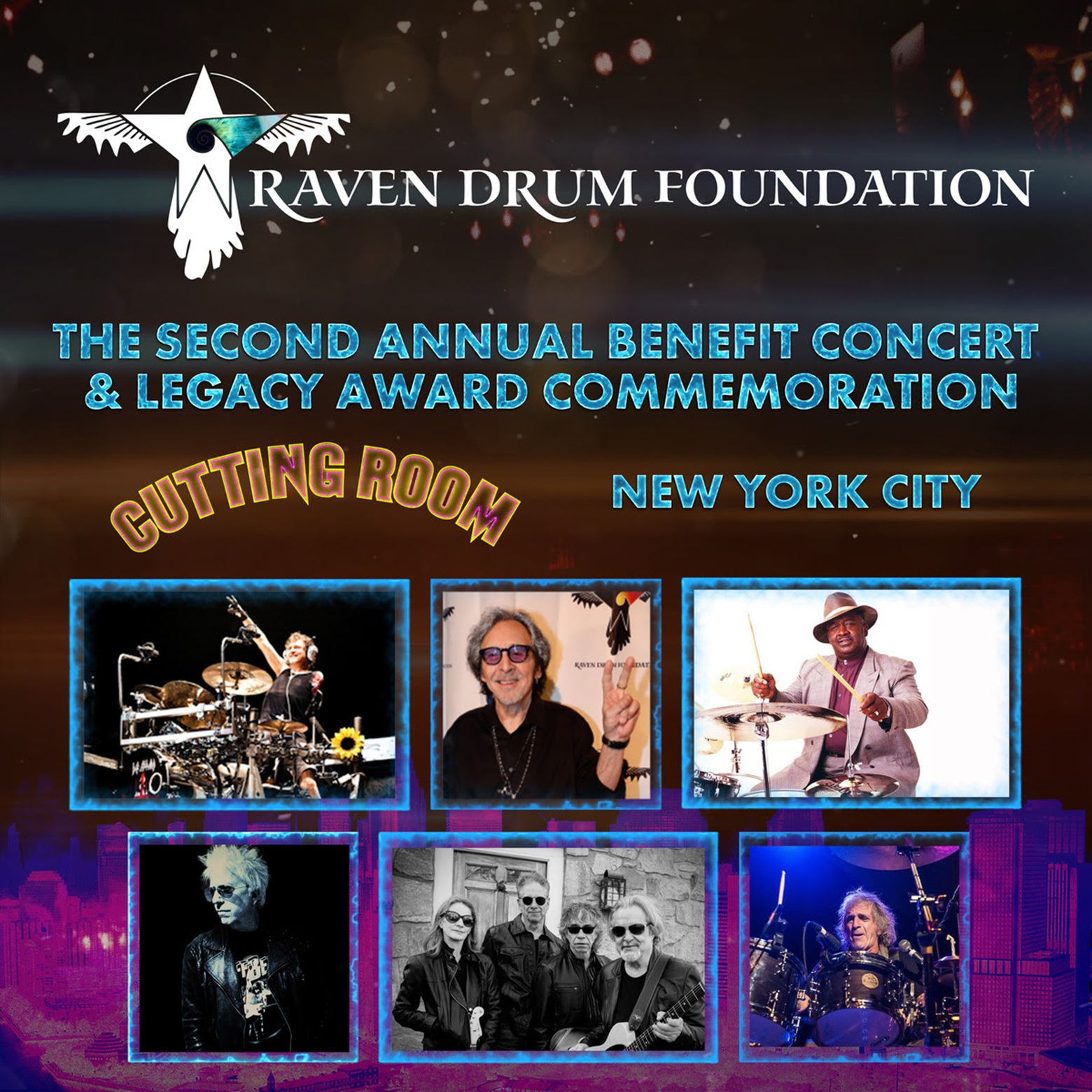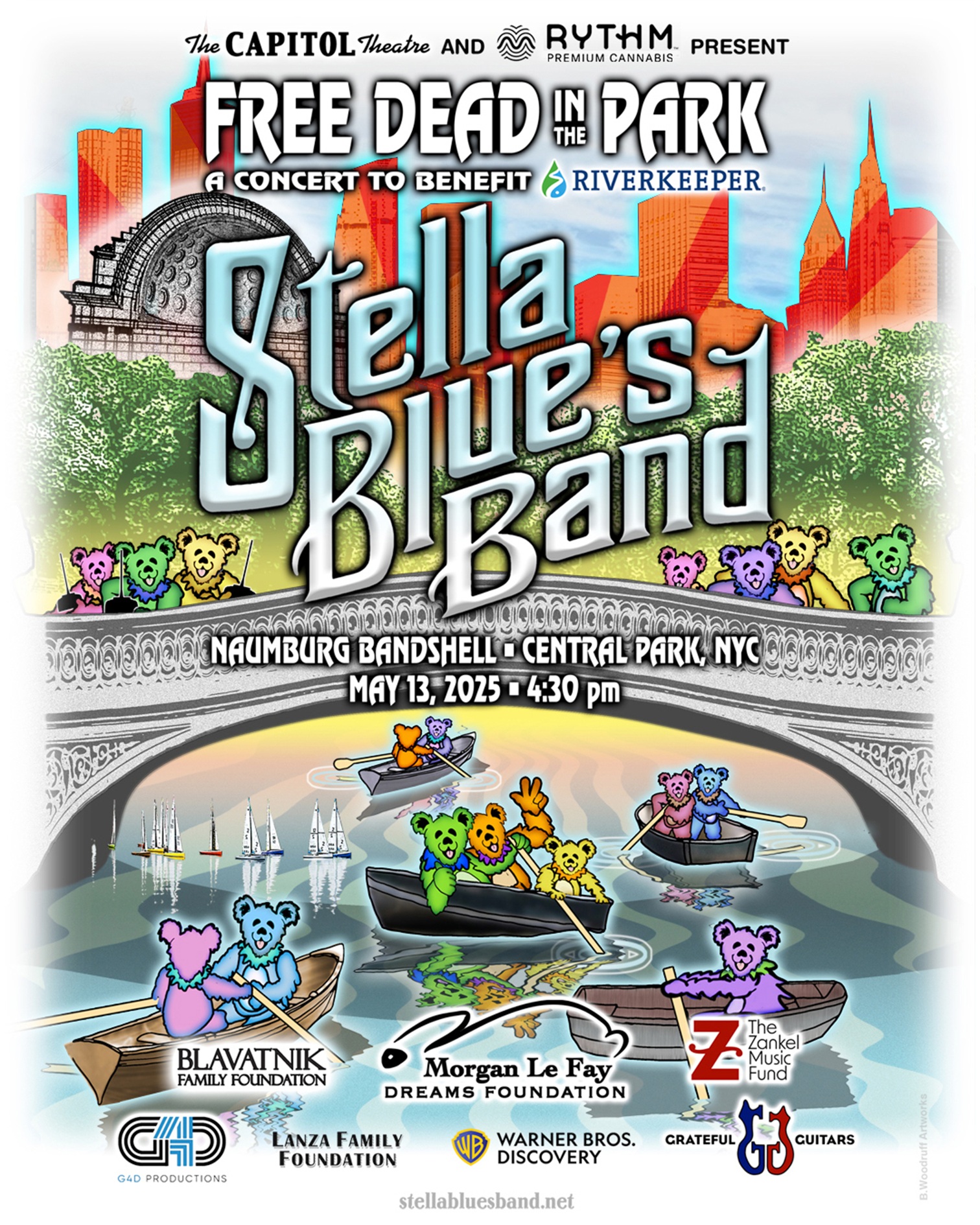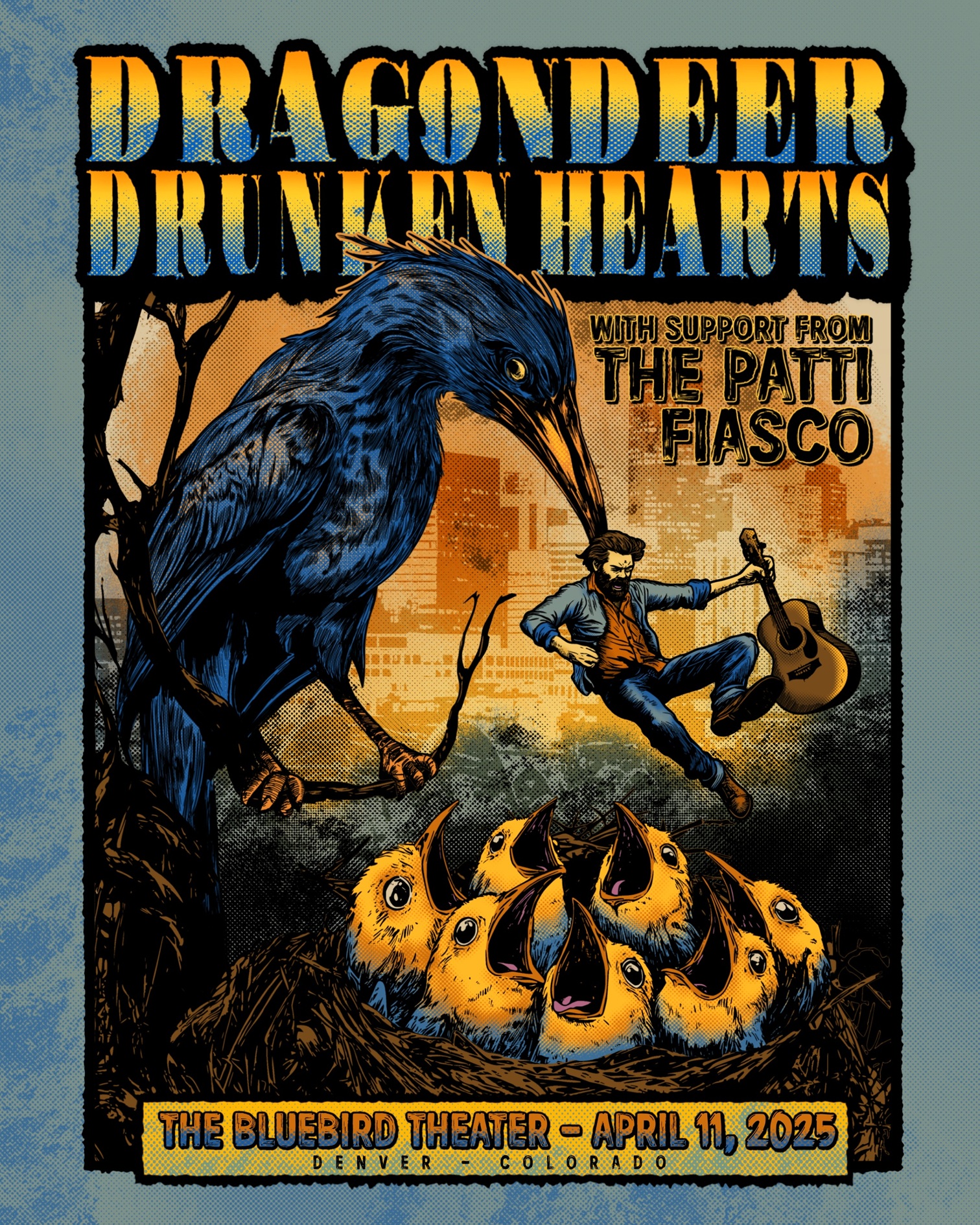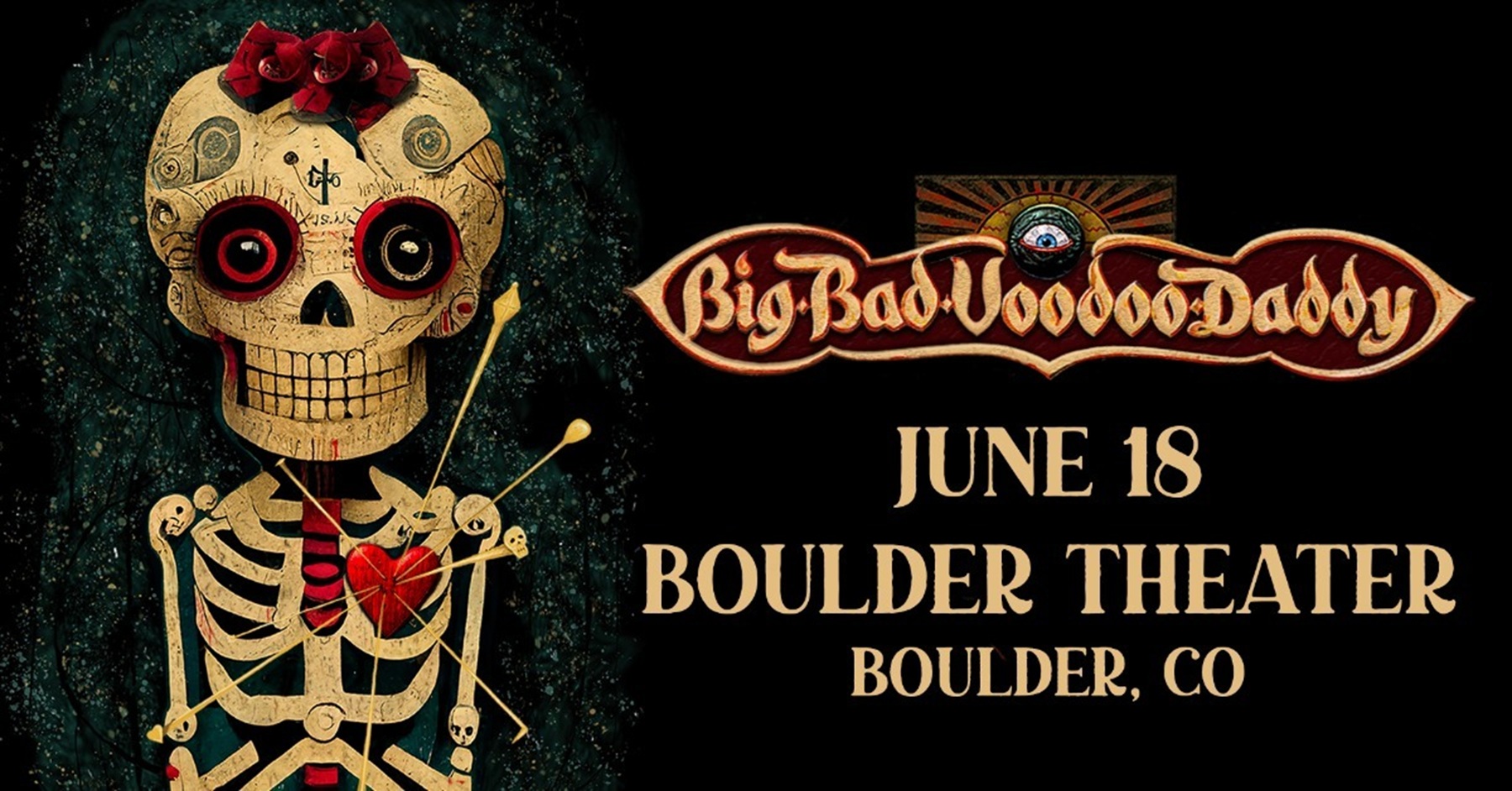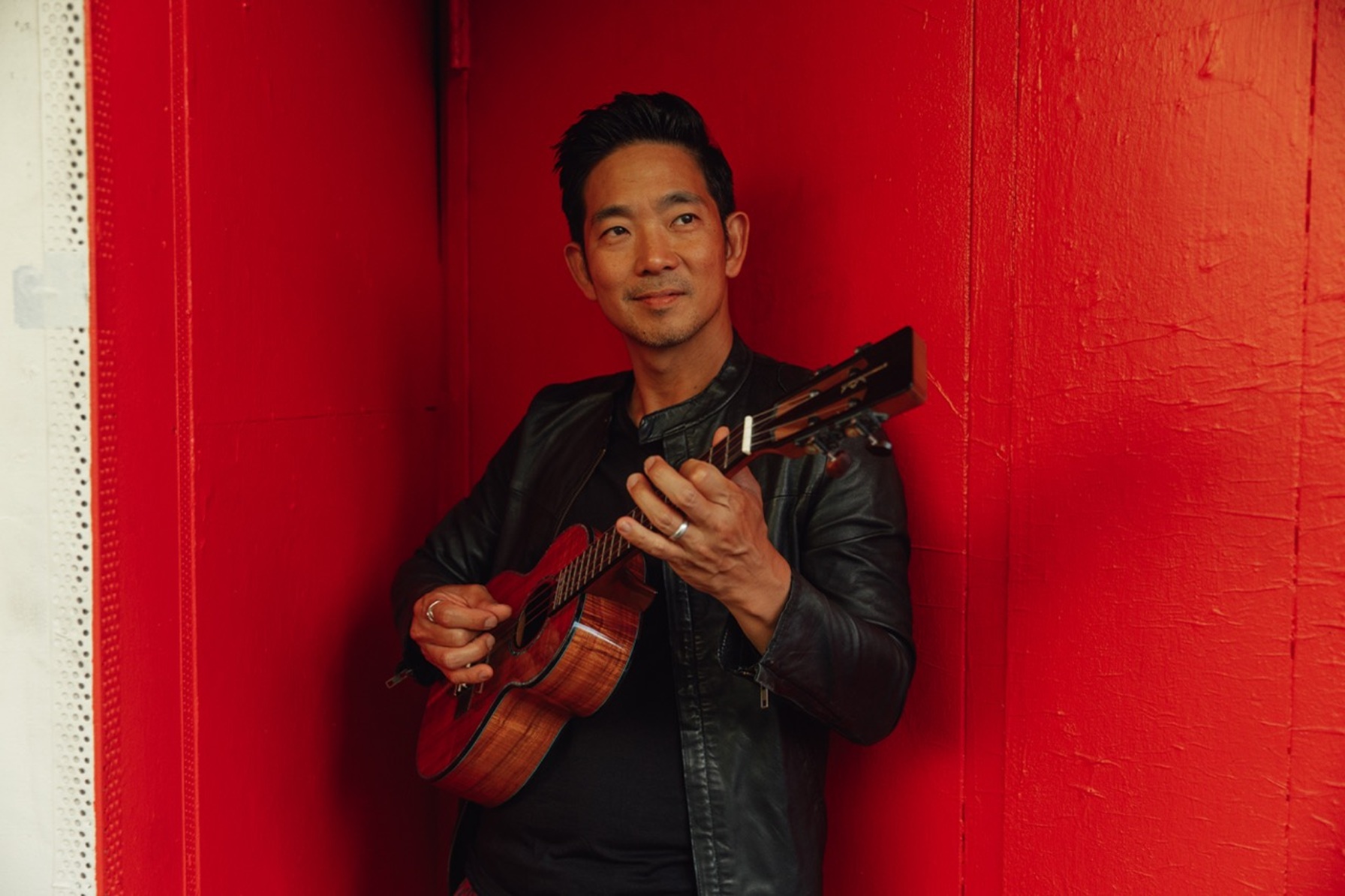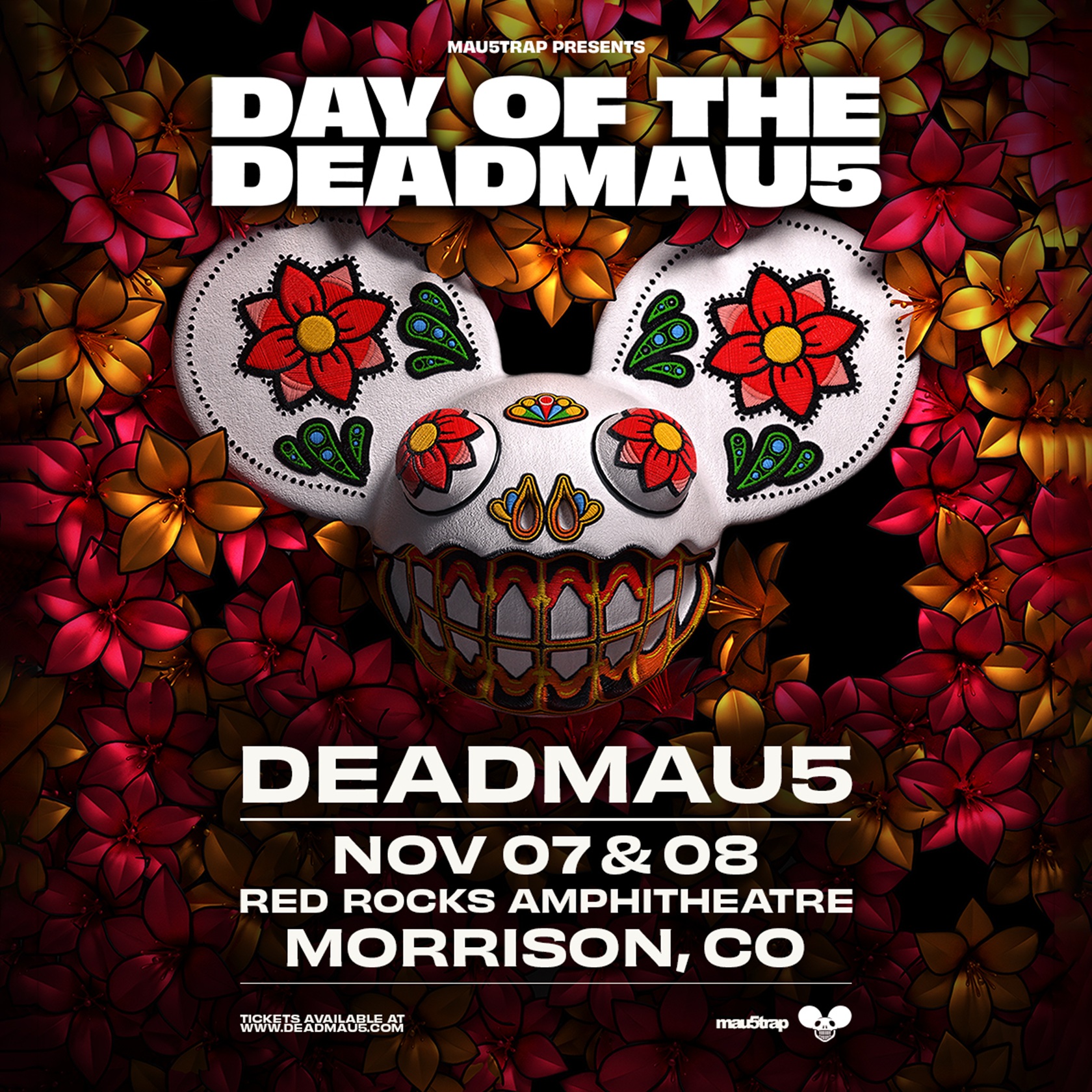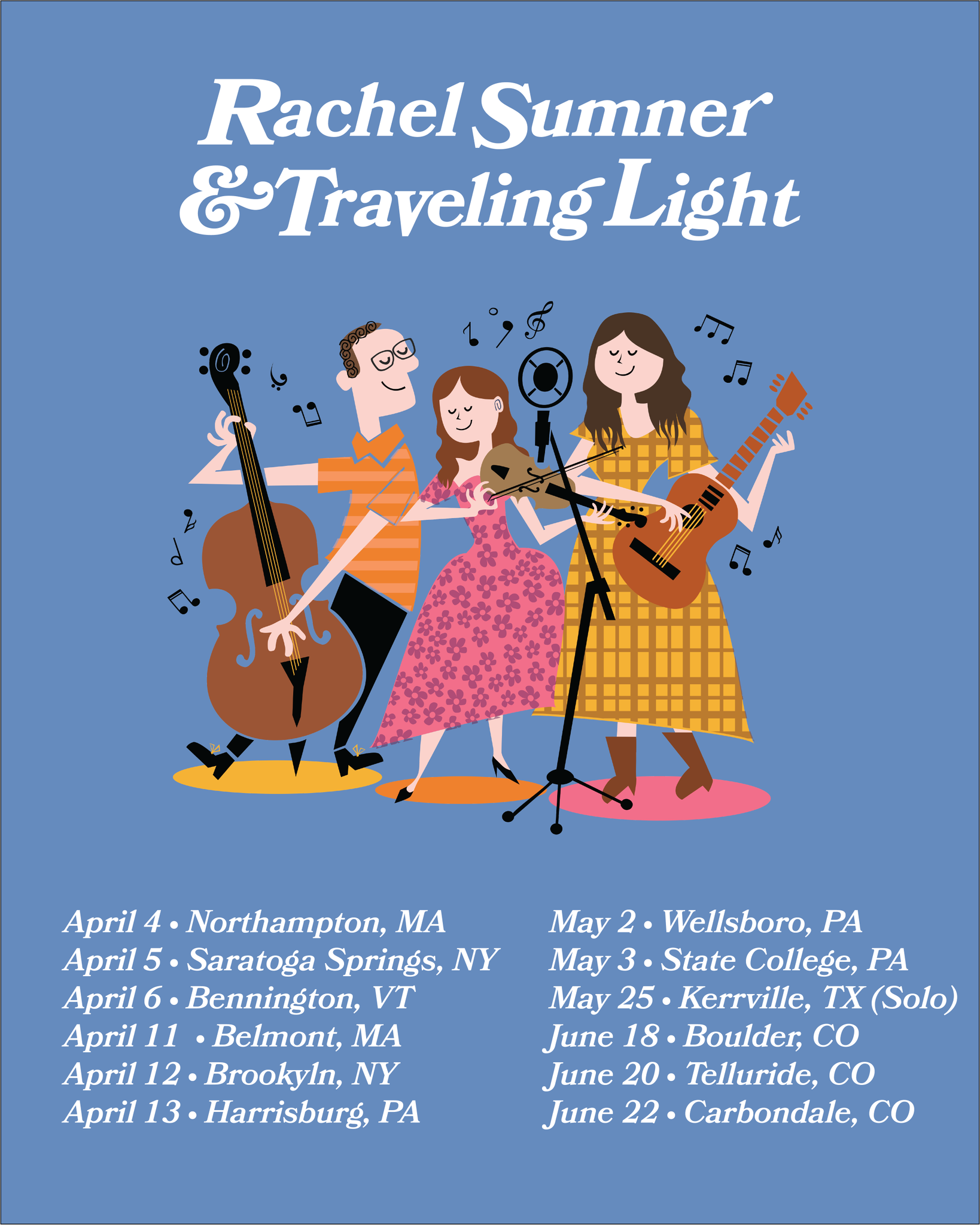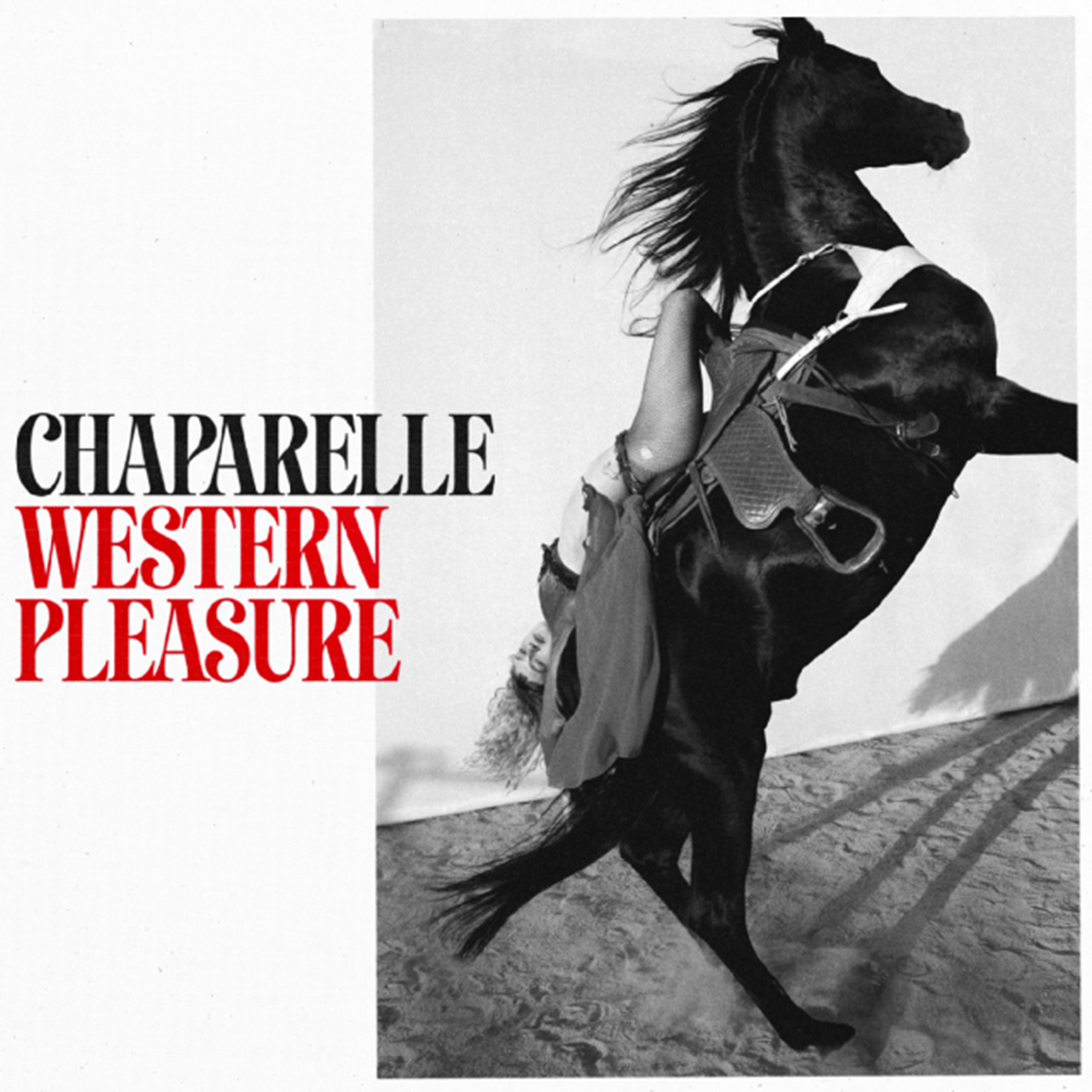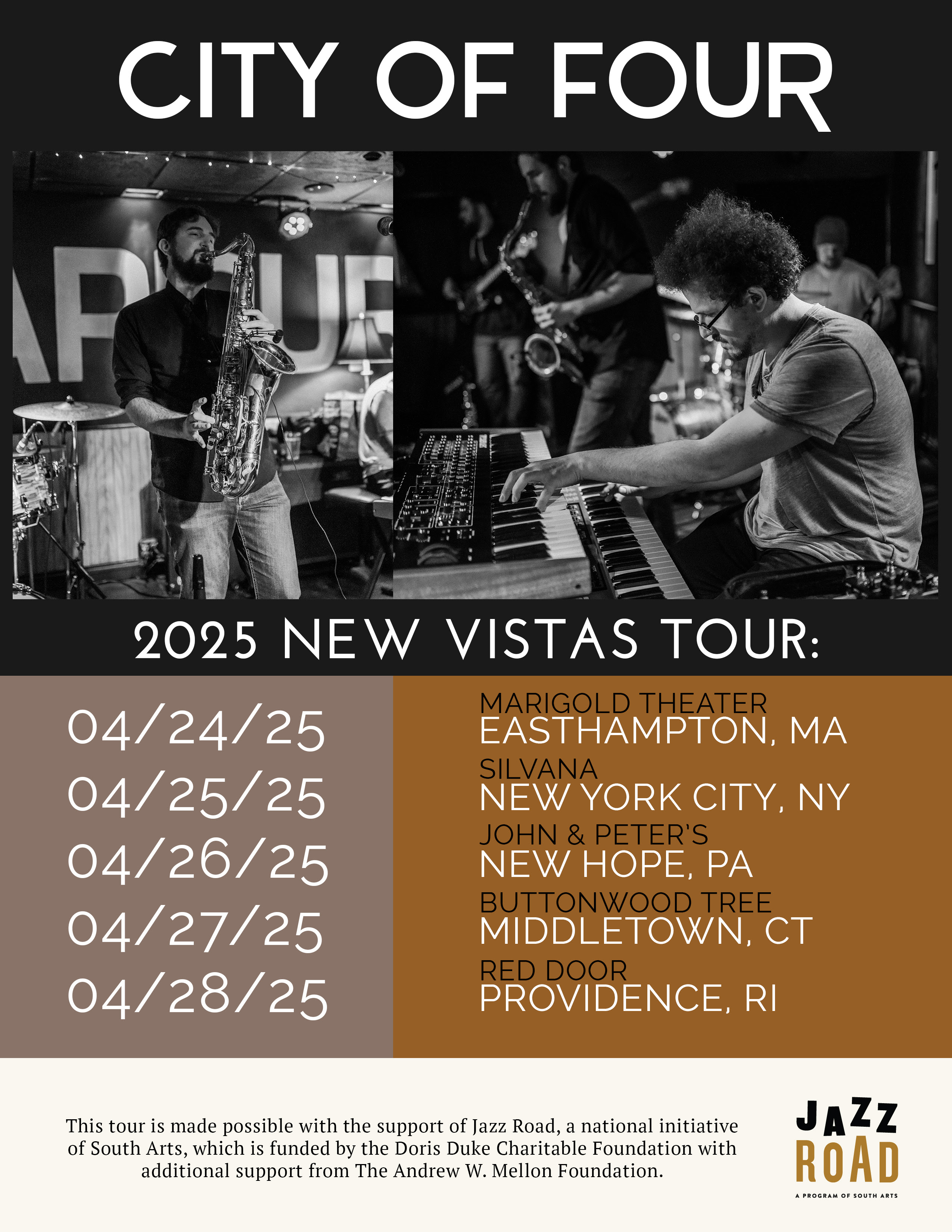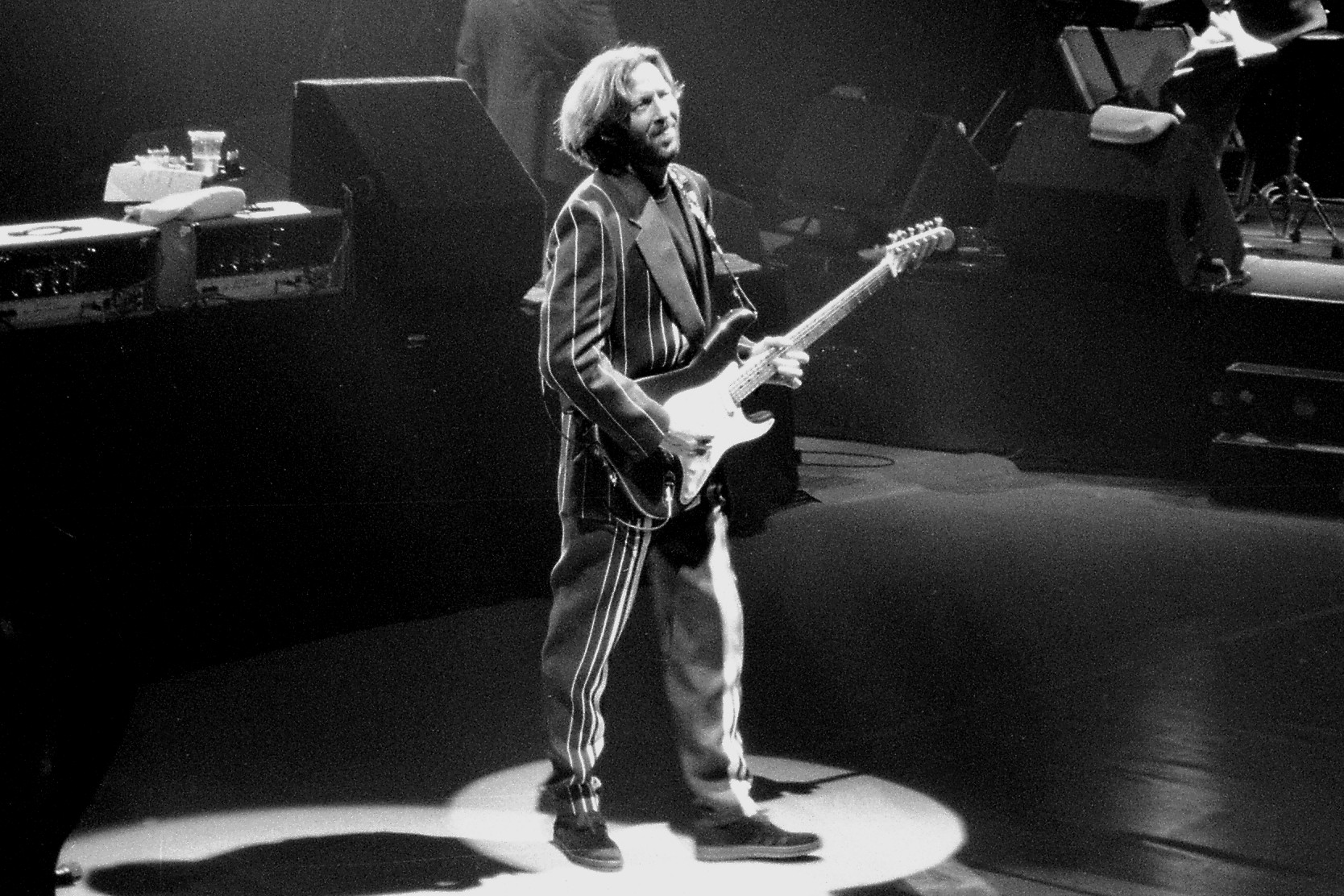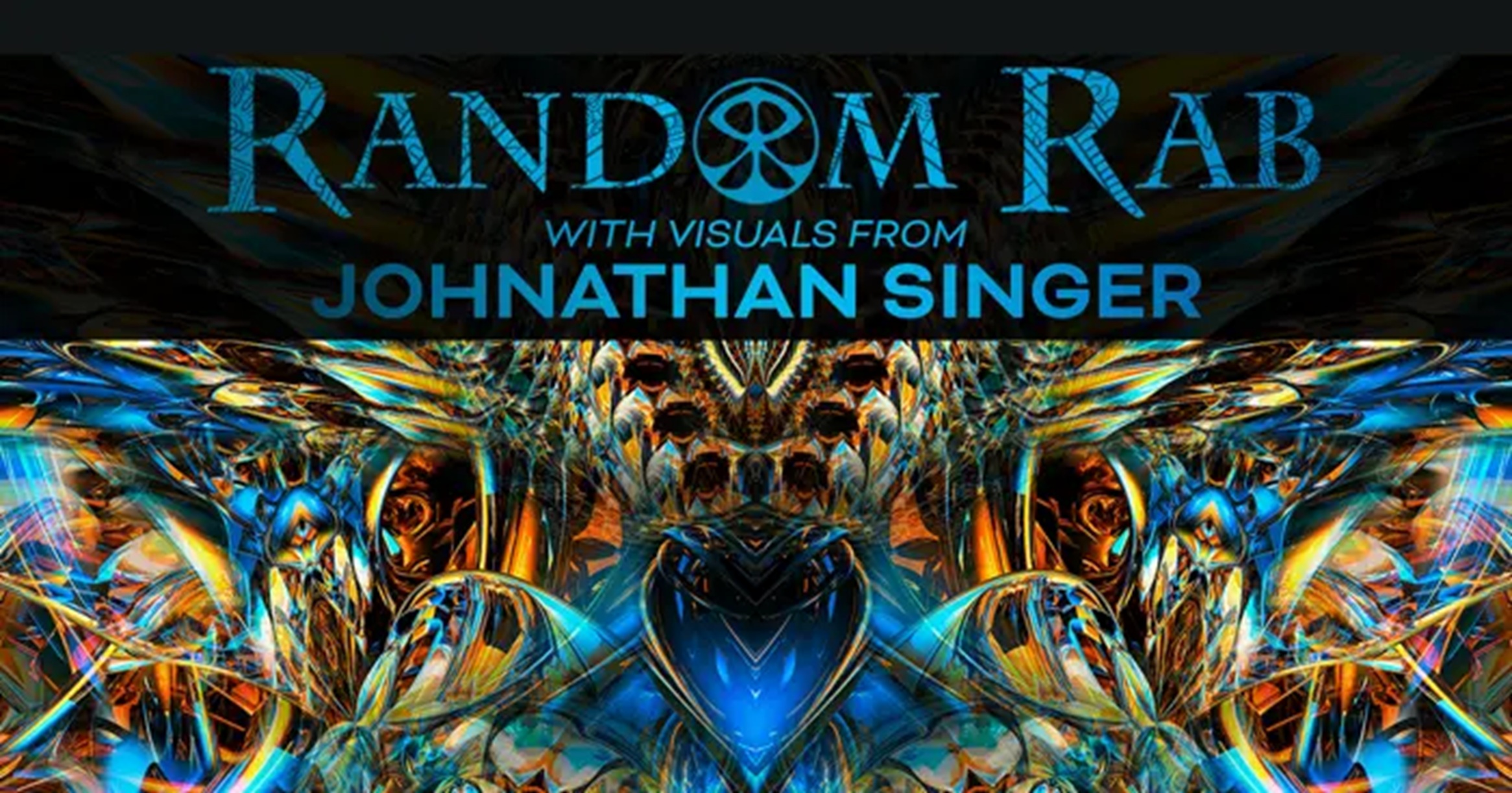The year is 1955, and a boy from Lubbock, Texas, is poised to change the course of music history. His name? Buddy Holly. Today, on September 7th, 2024, we celebrate what would have been his 88th birthday—a moment to reflect on the meteoric rise, the songs that still echo across generations, and the lasting imprint he left on the soundscape of rock 'n' roll.
The Songs That Shook the World
-
"That'll Be the Day"
Released in 1957, this track is where it all began. A thunderous opening riff and Holly's distinctive hiccup-like vocal delivery swept listeners into a new era. Its blend of rockabilly rhythm and infectious melody was unlike anything the world had heard before. The song's rebellious tone and heartfelt simplicity made it an anthem for youthful defiance. -
"Peggy Sue"
Buddy’s vocal gymnastics shine on "Peggy Sue," with its repetitive name-call anchoring the song’s bouncy beat. The tight drum rolls and Holly’s delicate, almost fragile delivery created a contrast between innocence and the intense longing of young love. It’s a love letter set to rhythm, immortalizing a name in sound. -
"Not Fade Away"
If ever there was a song that would transcend decades, "Not Fade Away" is it. The rolling Bo Diddley beat, the pulsating rhythm—Buddy Holly’s declaration that love would endure forever took on new life when the Grateful Dead adopted it as a core part of their repertoire. For the Dead, "Not Fade Away" wasn’t just a cover—it was a mantra, performed hundreds of times, transforming from a rockabilly bop to a communal, drumming celebration. -
"Everyday"
The gentle tap of the celesta and Holly's tender voice brought "Everyday" into the realm of the timeless. It wasn’t about the grandeur of love, but the small, daily moments that make life meaningful. In just over two minutes, Holly captures the sweetness of anticipation, the quiet wonder of life’s unfolding. -
"Rave On"
Raw energy is what "Rave On" is all about. Holly’s voice surges and twists, daring listeners to keep pace with its feverish beat. The song radiates exuberance, its breakneck tempo a reflection of rock’s untamed spirit. -
"Oh Boy!"
There’s something almost innocent about the youthful exuberance of "Oh Boy!" It’s a foot-tapping, hand-clapping anthem to love and joy, with Holly’s voice leaping and diving through an irresistible melody. It’s music for a sock hop, a joyous scream into the night. -
"It’s So Easy"
Holly’s genius lay in taking simple words and imbuing them with layers of emotion. In "It’s So Easy," the easygoing melody belies the deeper sense of heartache beneath the surface. Its catchy, repetitive nature masked the complex rhythms and sophisticated guitar work woven into the track. -
"Heartbeat"
There’s something primal about the rhythm in "Heartbeat." Holly’s insistent strumming mirrors the pulse of longing, as he sings about a love that’s as natural as a heartbeat itself. The minimalist arrangement lets his voice take center stage, creating a haunting, intimate connection with the listener. -
"Words of Love"
"Words of Love" stands as a testament to Buddy Holly’s delicate craftsmanship. Soft and understated, it’s a song that showcases Holly’s ability to harmonize with himself. The ethereal quality of the track whispers across time, a song of whispered promises and tender affection. -
"It Doesn’t Matter Anymore"
Written by Paul Anka but immortalized by Buddy Holly, this bittersweet ballad carries a weight of finality. Holly’s vocal control shines here, transforming a simple breakup song into a haunting farewell—a fitting conclusion to a career that was tragically cut short.
The Tragedy and the Legacy
On February 3, 1959, a plane crash claimed the life of Buddy Holly, along with fellow musicians Ritchie Valens and The Big Bopper. This moment became known as "The Day the Music Died." But in truth, Holly’s music never died—it reverberated through time, influencing countless artists and shaping the very fabric of rock 'n' roll.
Holly’s death was sudden, but his influence was immediate. His signature glasses, his boy-next-door appearance, and his earnest vocals set the stage for the British Invasion, as The Beatles, The Rolling Stones, and countless others took his pioneering work and carried it forward.
The Influence Beyond the Grave
For the Grateful Dead, who famously performed "Not Fade Away" hundreds of times, Buddy Holly was more than just a rock 'n' roll pioneer—he was a kindred spirit. The Dead, much like Holly, fused genres, taking elements of rockabilly, country, and rhythm and blues to create something wholly new. "Not Fade Away" became a cornerstone of their live shows, often evolving into extended jams that brought their audiences together in hypnotic communal rhythm.
Buddy Holly’s influence wasn’t limited to his own catalog. His innovation in the recording studio—his use of double-tracking his vocals and his experiments with guitar effects—pushed the boundaries of what music could be. His spirit of experimentation lives on, inspiring musicians from every corner of the world.
The Man and the Myth
Buddy Holly’s style was one of paradoxes—simple yet complex, playful yet profound. He brought a sense of humanity to rock 'n' roll that had been missing. His songs were never overproduced; they were stripped down to their essence, raw and full of feeling. It wasn’t about the polish—it was about the pulse, the heartbeat of rock that would never fade away.
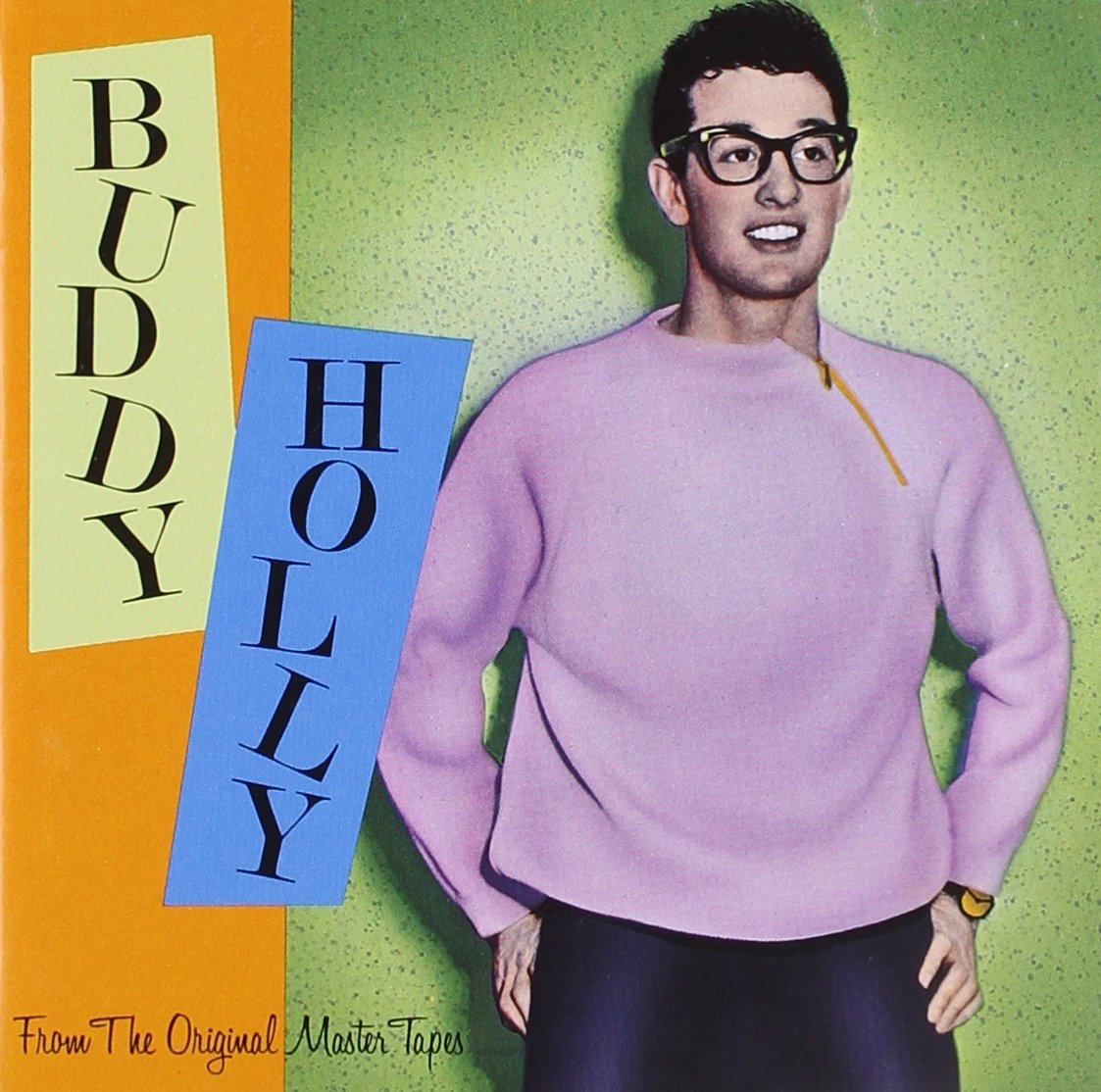
Today, as we celebrate Buddy Holly’s birthday, we do more than just remember a man who died too young. We honor a pioneer whose music continues to ignite passion, energy, and creativity. He was a shooting star, brief yet bright, whose light continues to guide musicians across the decades.
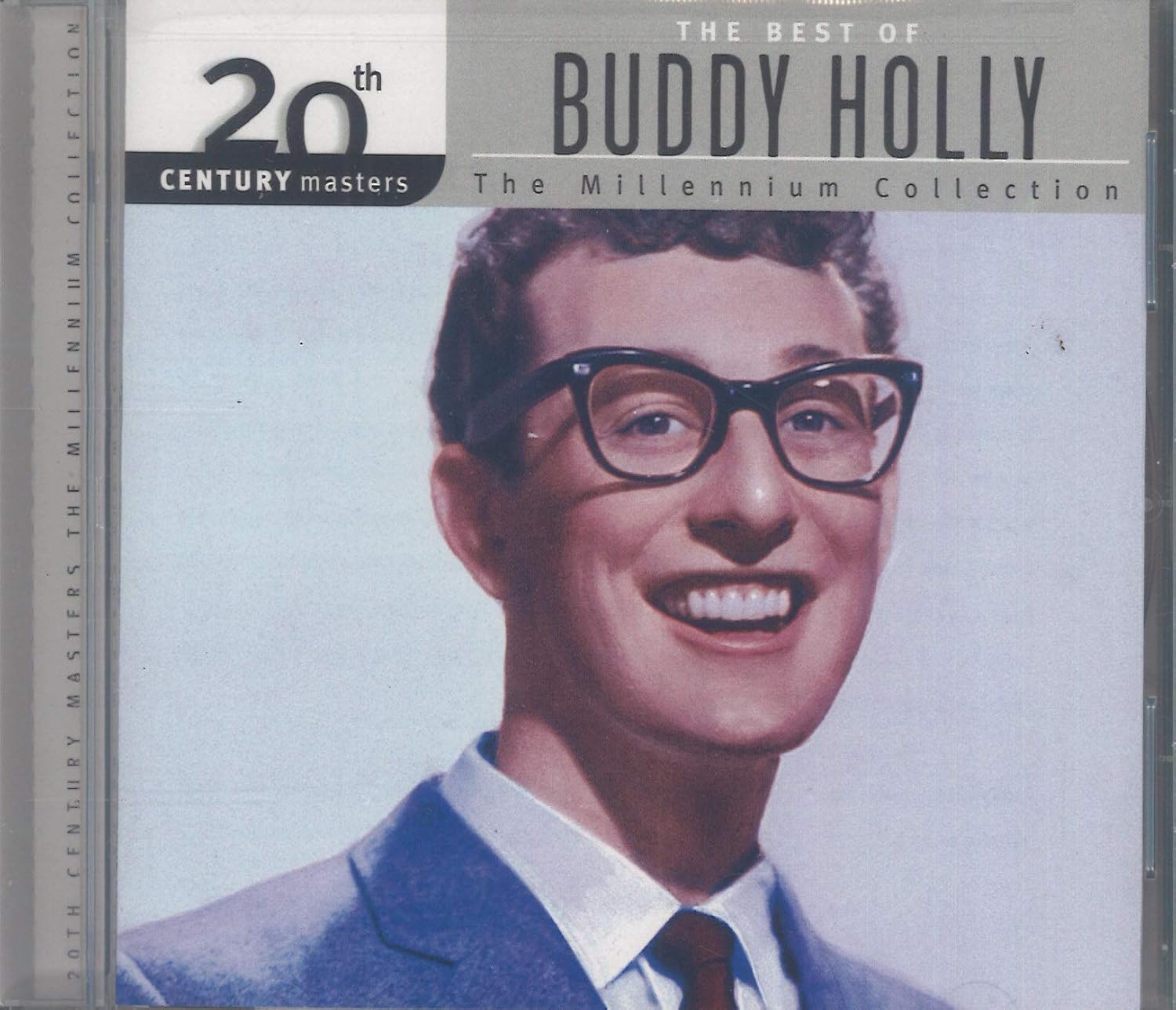
From his guitar riffs to his unforgettable voice, Buddy Holly lives on—forever echoing through the halls of rock 'n' roll. His music, like the day it first spun on the radio, still calls to us: "Rave on, rave on, and tell me, not fade away."





